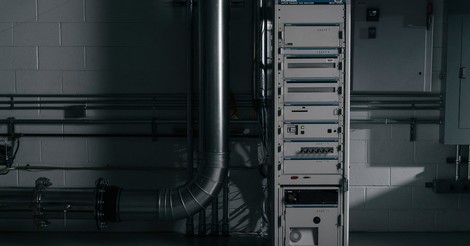Your podcast discovery platform
Curious minds select the most fascinating podcasts from around the world. Discover hand-piqd audio recommendations on your favorite topics.

piqer for: Boom and bust Global finds
German economist with a sense of humor, not just relative to accountants. Chief economist at the London-based Centre for European Reform (CER), recently brexited to Berlin. Former fellow at The Economist, economics PhD at Stockholm University in Sweden. Christian covers European economics and integration and has, as a former Londoner, a pathological interest in the economics of real estate.
Inside The Volkswagen Scandal
Jack Ewing from The New York Times has written a book on the VW (as it is known in Germany) scandal that came to light in 2015. This article gives a short summary, and it is amazing how unbelievably stupid the Volkswagen execs were.
Volkswagen eventually updated the software in 280,000 vehicles. Afterward, the cars polluted less than they had, but the upgrade did not remove the illegal software code or bring emissions to within legal limits. In fact, Volkswagen brazenly used the recall to enhance the ability of the software to recognize when a car was being tested.
A liar being caught is doubling down—which is human nature, I guess, but reckless as a company in such deep trouble. But that is not all.
As word spread inside Volkswagen that the regulators knew about the illegal software, employees began trying to cover their tracks. At an Aug. 31 meeting, an in-house lawyer suggested that engineers in attendance should check their documents. Several of those present interpreted the comment as a signal that they should delete anything related to the emissions issue in the United States. In the weeks that followed 40 employees at Volkswagen and the company’s Audi division destroyed thousands of documents.
Destroying evidence is simply criminal. It is a very good read, that piece (and probably the book, too).
The really worrying thing is that this scandal continues unabated. Just last week, the press reported that Germany (together with other countries that have diesel production plants) is preventing stricter enforcement of standards in the EU. Meanwhile, 72,000 people die every year in the EU-28 from NO2 exposure (and many more from particulate matter). The only hope is cities banning diesels for good. Two cities in Germany are starting. Ironically, the two are the epicenters of Germany's car industry: Munich and Stuttgart.
